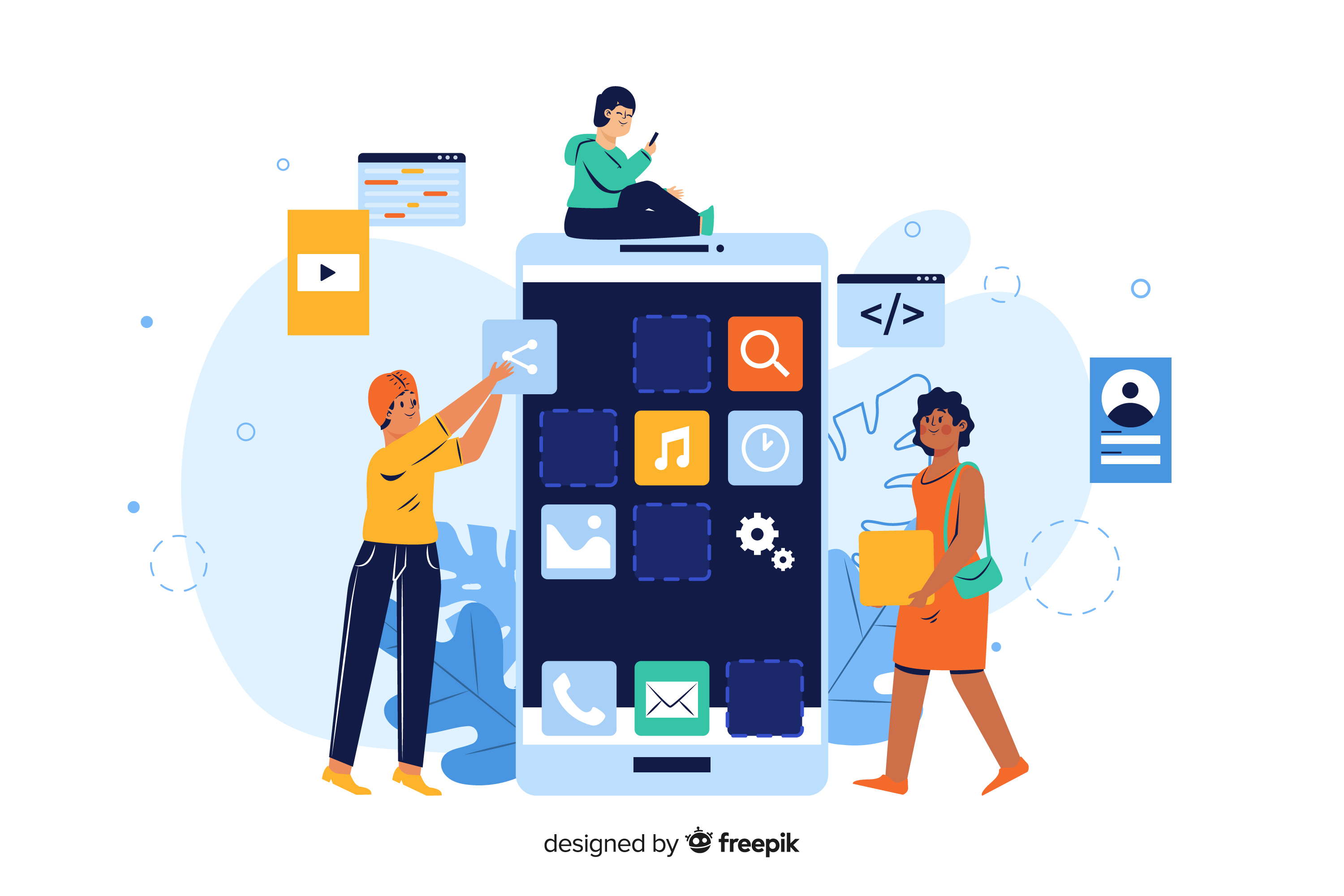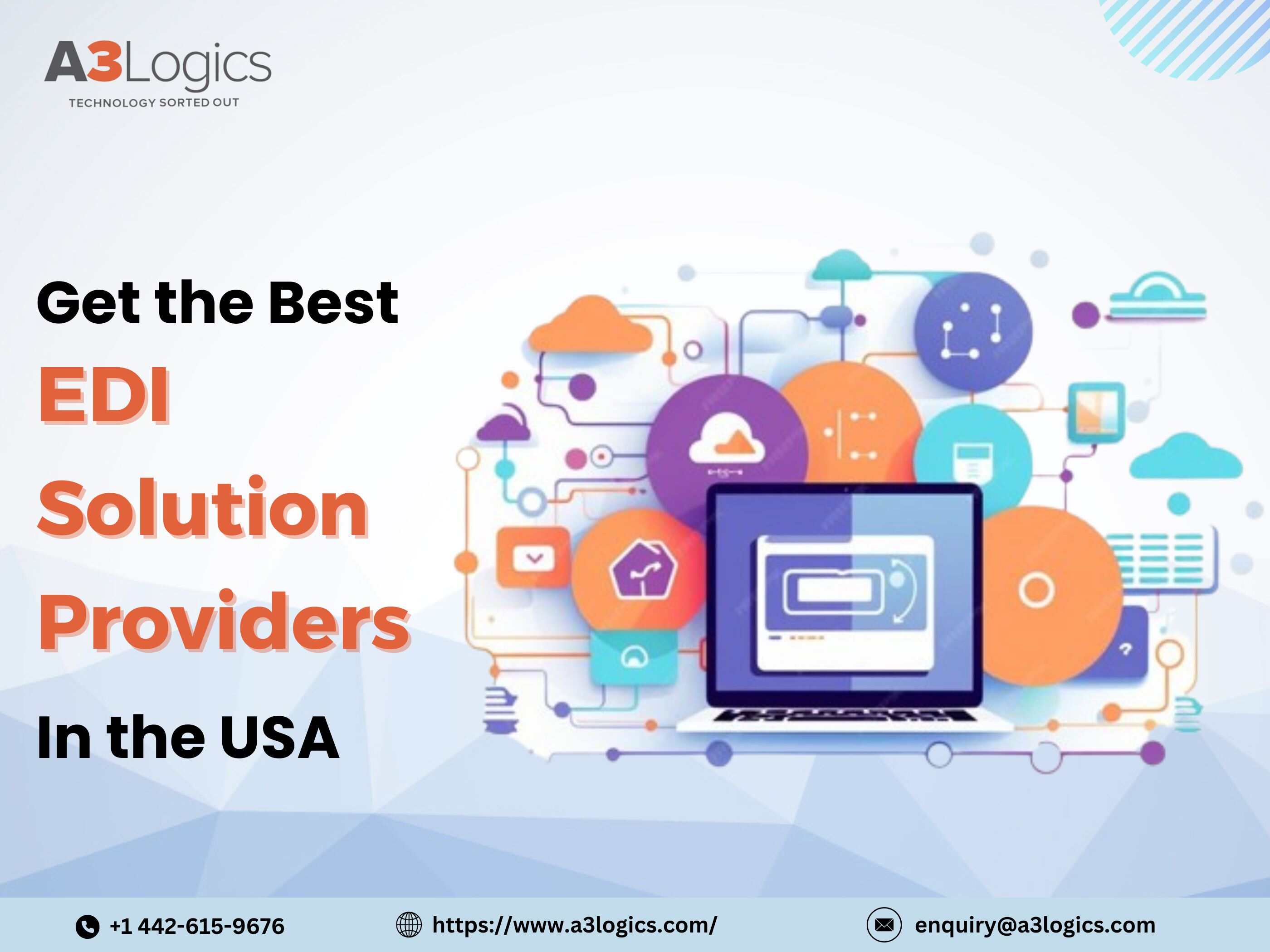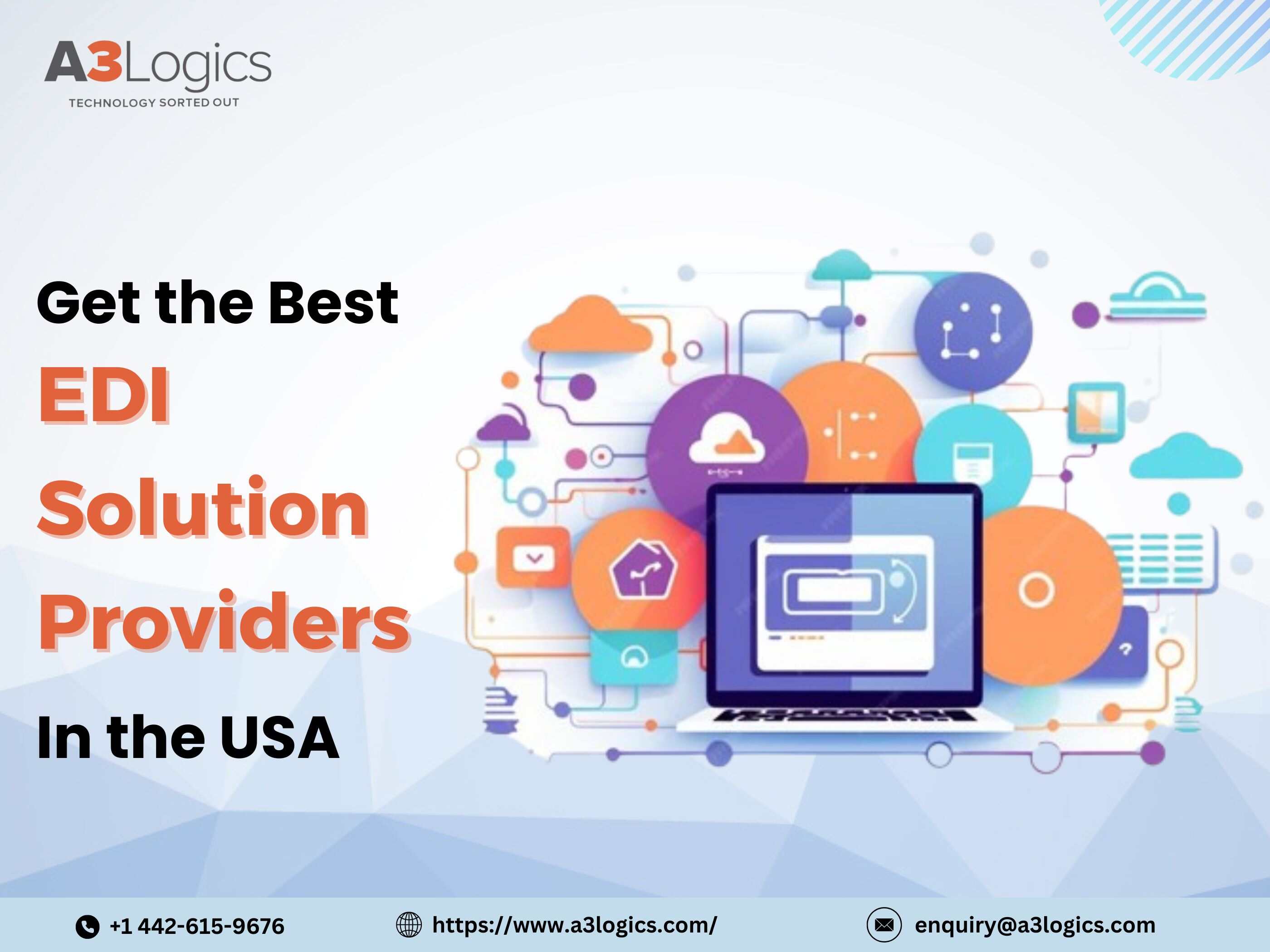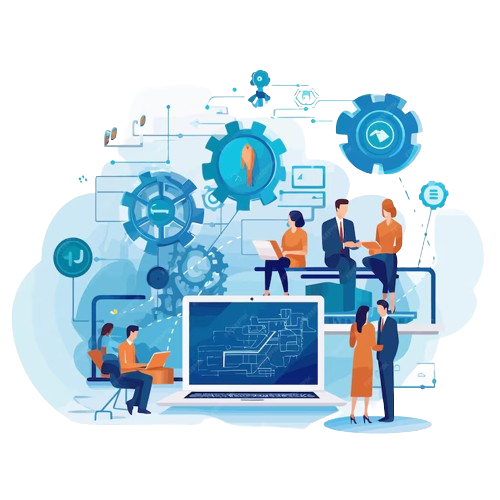The Role of AI and Machine Learning in Modern Software Development

Technology evolves fast — and software development is no exception. Gone are the days when building software relied only on manual coding, repetitive testing, and long development cycles. Today, artificial intelligence (AI) and machine learning (ML) are not just buzzwords — they’re transforming how modern software is built, tested, and deployed.
Whether you're an emerging startup or a large Software Development Company, integrating AI and ML into the development process is no longer optional. It’s becoming essential for faster innovation, better user experiences, and smarter products.
But how exactly do AI and ML influence software development? What are the benefits, challenges, and real-world use cases? Let’s break it all down.
Understanding AI and Machine Learning in Software Development
Before diving deeper, let’s clarify the basics.
Artificial Intelligence (AI) refers to machines that can simulate human intelligence. This includes problem-solving, reasoning, and decision-making.
Machine Learning (ML) is a subset of AI. It allows systems to learn from data, identify patterns, and make decisions without being explicitly programmed every step of the way.
In software development, AI and ML help automate tasks, improve accuracy, personalize user experiences, and speed up delivery. They act as smart collaborators that assist developers, testers, and product teams at every stage of the development lifecycle.
Applications of AI/ML in Modern Software Development
Smarter Code Generation and Auto-Completion
One of the most immediate applications of AI in software development is in code generation.
AI-powered tools like GitHub Copilot, TabNine, and Amazon CodeWhisperer are trained on billions of lines of code. They suggest code snippets, complete functions, and even help debug errors as developers type.
This doesn’t just save time. It also helps reduce bugs, maintain consistency, and support developers when they’re stuck.
While these tools don’t replace developers, they augment their productivity by acting like intelligent coding assistants. This is especially helpful for junior developers or teams with tight deadlines.
Automated Testing and Bug Detection
Testing is one of the most time-consuming phases in software development. Manual testing takes hours and sometimes days. Even automated testing requires developers to write and manage complex test cases.
AI is changing that.
- With ML models, testing tools can:
- Predict high-risk areas of the code
- Automatically generate test cases
- Run intelligent test scripts
- Detect anomalies early in the pipeline
Platforms like Testim, Functionize, and Applitools use AI to streamline UI testing, API testing, and regression testing.
For any team delivering Software Consulting Services, this is a game changer. Faster testing means quicker releases, lower maintenance, and more reliable products.
Enhancing User Experience Through Personalization
AI and ML are excellent at learning user behavior.
By analyzing user data — such as clicks, preferences, location, or browsing patterns — software can deliver personalized experiences. Think of streaming apps suggesting what to watch next or eCommerce sites showing relevant product recommendations.
This kind of dynamic content delivery isn’t built from scratch each time. AI engines analyze historical data and adjust the user interface in real time.
When embedded within software products, these capabilities improve user retention, increase engagement, and lead to better business outcomes.
Predictive Analytics and Data-Driven Decisions
Modern software isn’t just about performing tasks. It’s also about delivering insights.
Machine learning algorithms analyze massive datasets to detect patterns and predict outcomes. This is particularly useful in industries like finance, healthcare, logistics, and retail.
For example:
- In healthcare, ML predicts patient readmission risks
- In retail, it forecasts inventory demand
- In banking, it spots fraudulent transactions
Developers working with enterprise clients often integrate predictive features to add intelligence to applications. These tools don’t just add value — they open up new business models, especially in Enterprise Software Development Services where data-driven solutions are in high demand.
Natural Language Processing (NLP) in Chatbots and Voice Assistants
One of the most visible applications of AI is the use of NLP.
NLP allows software to understand, interpret, and respond to human language. It's the core technology behind:
- Chatbots on websites
- Voice assistants like Siri or Alexa
- AI customer service tools
In software development, NLP is being used to build conversational interfaces that are fast, responsive, and available 24/7.
This reduces the need for human intervention in customer support and enhances user interaction. Many companies now integrate AI-powered chatbots as part of their product or service strategy.
Intelligent Project Management and Resource Allocation
AI tools can also support internal development processes. They help teams plan better, forecast delivery timelines, and allocate resources efficiently.
By analyzing historical data and team productivity, AI can:
- Predict delays
- Highlight bottlenecks
- Recommend task prioritization
Tools like ClickUp, Jira with AI extensions, and Forecast offer AI-powered dashboards that make project management more proactive than reactive.
This is especially helpful for remote teams and growing companies handling multiple projects at once.
AI in DevOps and Continuous Integration
DevOps is about continuous improvement and automation — and AI fits right in.
In CI/CD pipelines, AI helps:
- Monitor code performance
- Predict deployment failures
- Automate rollback in case of bugs
- Optimize infrastructure usage
AI doesn’t just automate tasks but learns from past deployments to make future ones more stable and efficient.
This adds resilience and intelligence to the development lifecycle, making teams more confident in every release.
Security and Threat Detection
Security has always been a top concern in software development. And as threats become more sophisticated, traditional security tools often fall short.
AI and ML offer a smarter approach to software security:
Anomaly detection in real-time
Risk scoring for potential vulnerabilities
Behavioral analytics for intrusion detection
ML models can identify suspicious activities and notify teams before damage is done. AI-enhanced tools also reduce false positives, helping security teams focus on real threats.
As software systems handle more sensitive data, integrating AI into security workflows becomes crucial.
Key Challenges in Adopting AI and ML in Modern Software Development
Despite their benefits, integrating AI and ML into software development doesn’t come without challenges.
1. Data Quality and Quantity
AI models need clean, labeled, and relevant data. Without quality data, models underperform or give inaccurate results.
2. Skill Gaps
Many development teams lack in-house AI expertise. Hiring or upskilling can take time and investment.
3. Model Explainability
Not all AI decisions are transparent. In critical applications (like healthcare or law), understanding how a decision was made is just as important as the outcome.
4. High Initial Costs
Building and training models, investing in infrastructure, and integrating them into software can be expensive upfront.
5. Ethical and Privacy Concerns
Using user data responsibly is essential. AI systems must comply with data regulations like GDPR and ensure fairness and transparency.
Future Trends to Watch in Modern Software Development
The role of AI and ML in software development is only going to expand. Some exciting trends to keep an eye on include:
- AutoML tools: These simplify the process of building models without needing deep ML expertise.
- AI pair programming: Collaborative coding tools where AI helps write, refactor, or review code.
- Edge AI: Running AI models locally on devices for faster decisions without cloud dependence.
- Explainable AI (XAI): Tools that help developers and users understand how AI decisions are made.
- AI in software architecture: Automatically recommending the best architecture or tech stack for specific use cases.
These innovations will redefine how software is built, tested, and delivered.
Final Thoughts: Embracing the AI-Driven Future
AI and machine learning are no longer just emerging technologies — they’re becoming the backbone of how modern software is built and continuously improved. These technologies make development faster, smarter, and more efficient. They also introduce new levels of personalization, automation, and intelligent decision-making that users increasingly expect.
For businesses seeking scalability, agility, and innovation, integrating AI into Enterprise Software Development Services is more than just a smart investment — it’s a strategic imperative.
The future of software development is intelligent. Now is the time to embrace it.
Note: IndiBlogHub features both user-submitted and editorial content. We do not verify third-party contributions. Read our Disclaimer and Privacy Policyfor details.







